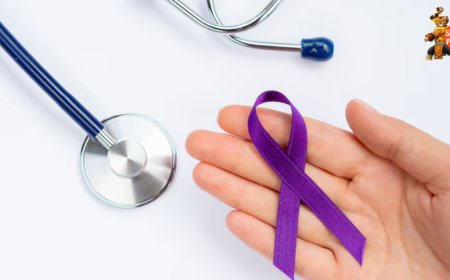The Hidden Health Risk: How Sleep Debt and Night Shifts Increase Infection Risk
A new study reveals that sleep debt and irregular night shifts significantly increase the risk of infections, including the common cold, pneumonia, and gastrointestinal illnesses. Healthcare workers, especially nurses, face a heightened risk due to disrupted sleep patterns.

The Hidden Health Risk: How Sleep Debt and Night Shifts Increase Infection Risk
Sleep is essential for maintaining overall health and well-being, but many professionals, especially healthcare workers, often struggle to get adequate rest. A recent study has found a direct correlation between sleep debt, night shifts, and an increased risk of infections. This discovery highlights the urgent need for improved sleep management strategies, particularly in professions where irregular shifts are common.
Understanding Sleep Debt and Its Impact
Sleep debt refers to the difference between the amount of sleep an individual needs and the actual sleep they get. Over time, this gap accumulates, leading to a weakened immune system, increased stress levels, and a higher susceptibility to infections.
According to researchers, individuals who experience moderate sleep debt (1-2 hours less sleep than needed) have a 33% higher risk of contracting common illnesses such as colds and sinus infections. Those with severe sleep debt (more than 2 hours less sleep) face even greater risks, with the likelihood of respiratory infections like pneumonia and bronchitis increasing by 288%.
The Role of Night Shifts in Infection Susceptibility
Shift workers, particularly those working night shifts, face disrupted circadian rhythms. The circadian rhythm, also known as the body’s internal clock, regulates sleep-wake cycles and plays a crucial role in immune system function. When this rhythm is disrupted due to irregular work schedules, the body's natural defense mechanisms become compromised.
A study conducted on healthcare workers found that night shift nurses were significantly more prone to infections compared to their day-shift counterparts. The risk of pneumonia, bronchitis, and gastrointestinal infections was notably higher in those who frequently worked overnight.
Why Sleep Deprivation Weakens the Immune System
Lack of sleep directly impacts immune health by:
- Reducing White Blood Cell Production – These cells are essential in fighting infections. Sleep deprivation decreases their effectiveness, making the body more vulnerable.
- Triggering Chronic Inflammation – Prolonged lack of rest increases inflammation, which can contribute to various illnesses, including autoimmune disorders.
- Lowering Antibody Response – A well-rested body produces more antibodies after vaccination, while a sleep-deprived body struggles to build immunity.
Strategies to Reduce Infection Risk
To mitigate the risks associated with sleep debt and shift work, consider the following strategies:
1. Prioritize Quality Sleep
- Aim for at least 7-9 hours of sleep daily, even if it means taking naps during the day.
- Maintain a consistent sleep schedule, even on off days.
- Invest in blackout curtains or a white noise machine to improve sleep quality.
2. Manage Night Shift Effects
- Expose yourself to natural light after a night shift to help reset your circadian rhythm.
- Avoid caffeine and heavy meals close to bedtime.
- Use blue light-blocking glasses during night shifts to reduce melatonin disruption.
3. Boost Your Immune System
- Maintain a balanced diet rich in vitamins C, D, and zinc to strengthen immunity.
- Stay hydrated and engage in regular exercise to keep your body resilient.
- Get vaccinated and take preventive measures to reduce exposure to infections.
4. Workplace Interventions
- Employers should implement adjustable shift schedules to allow better rest.
- Encouraging regular health checkups for shift workers can help identify risks early.
- Providing napping pods at workplaces can help workers recharge.
Conclusion
Sleep debt and night shifts are significant contributors to infection risk, particularly among healthcare professionals and other shift workers. With proper sleep hygiene, dietary improvements, and workplace interventions, individuals can protect themselves from the adverse health effects of sleep deprivation. Prioritizing rest is not just about feeling refreshed—it is essential for long-term health and immunity.
What's Your Reaction?


















































